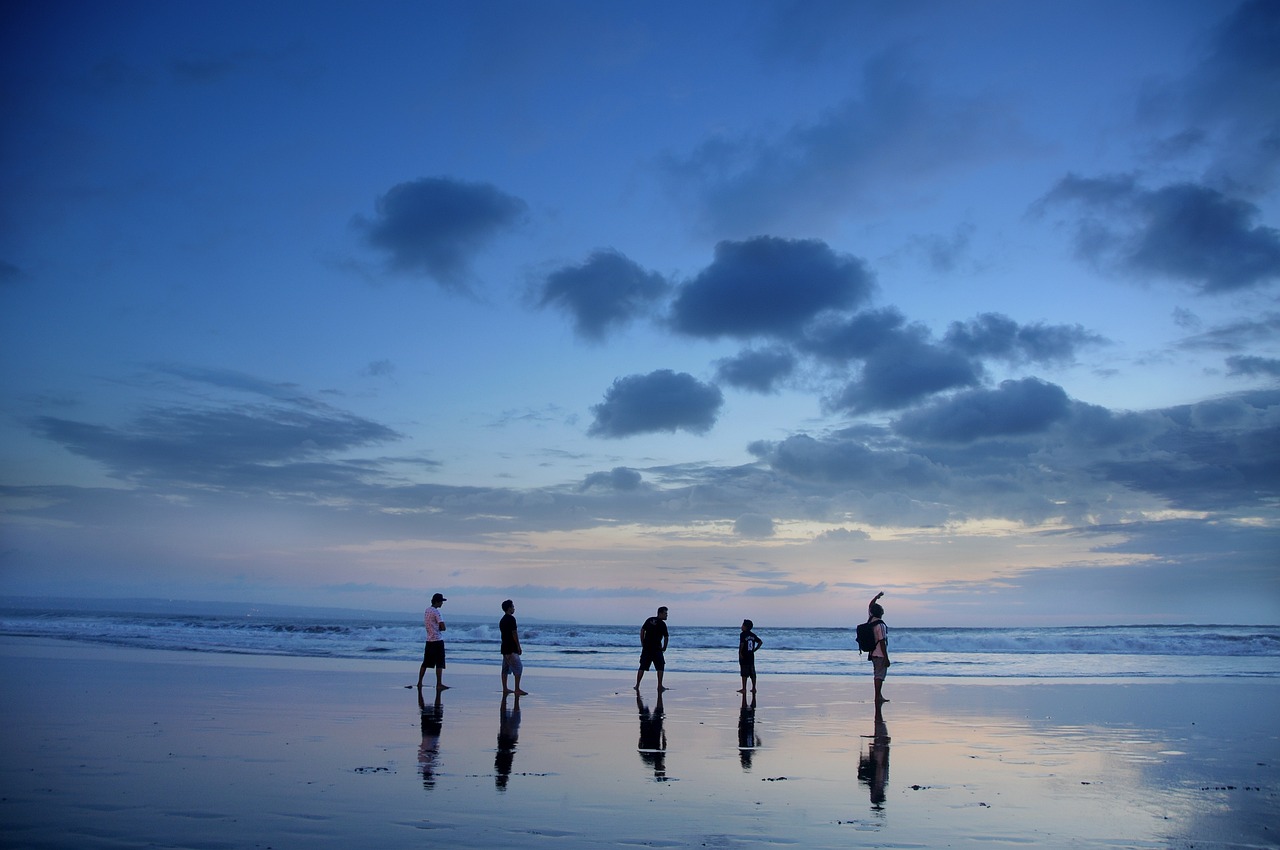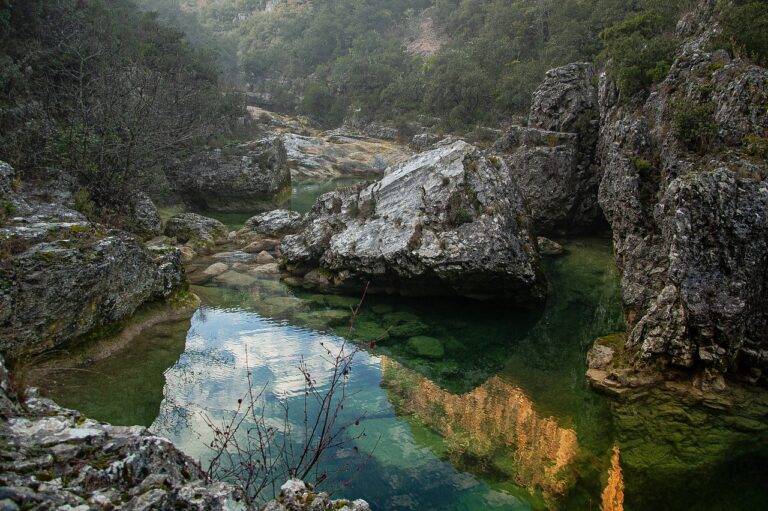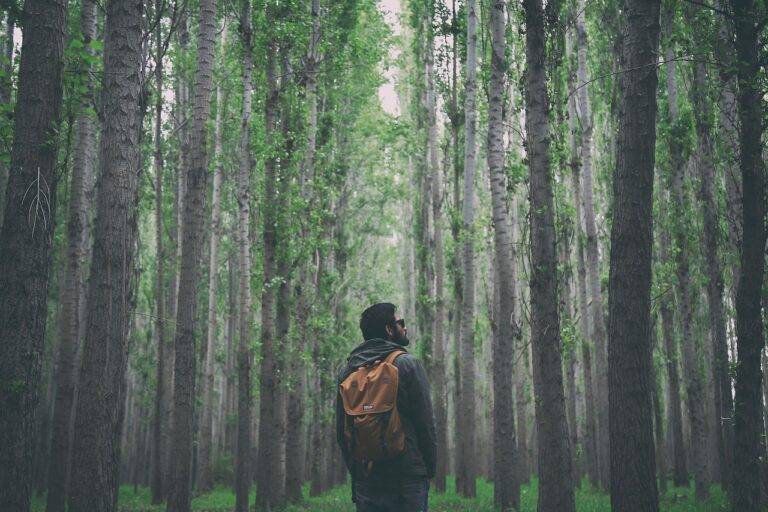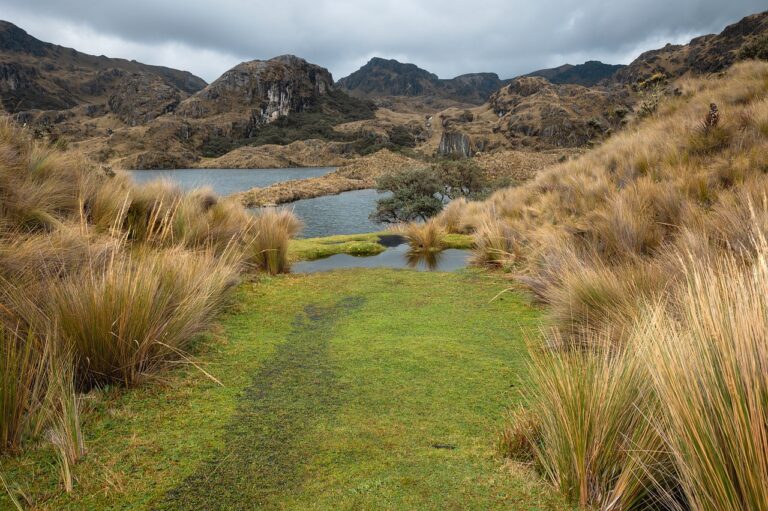The Joys of Educational Travel: Learning Adventures for Curious Minds
Educational travel opens doors to a world of knowledge that transcends the confines of classrooms. By immersing oneself in new environments, students are able to witness history come to life and gain a deeper understanding of different cultures. This firsthand experience fosters a sense of empathy and tolerance, breaking down barriers and promoting global citizenship.
Furthermore, educational travel provides opportunities for personal growth and development. Stepping out of one’s comfort zone and navigating unfamiliar territories cultivates independence and adaptability. Students learn to embrace challenges and think critically as they engage with diverse perspectives and navigate real-world situations. These experiences not only enhance academic learning but also foster essential life skills that are invaluable in an increasingly interconnected world.
• Educational travel allows students to witness history come to life and gain a deeper understanding of different cultures.
• Immersing oneself in new environments fosters empathy and tolerance, promoting global citizenship.
• Personal growth and development opportunities arise from stepping out of one’s comfort zone during educational travel.
• Navigating unfamiliar territories cultivates independence and adaptability in students.
• Engaging with diverse perspectives and real-world situations enhances critical thinking skills.
Exploring New Cultures
Immersing oneself in a new culture offers a unique opportunity to broaden one’s perspective and deepen understanding of different ways of life. By interacting with locals, trying traditional foods, and participating in cultural activities, travelers can gain valuable insights into the customs, traditions, and history of the community they are visiting. This hands-on experience allows for a more meaningful and authentic connection with the culture, fostering a sense of appreciation and respect for diversity.
Exploring new cultures also provides a chance for personal growth and self-discovery. Stepping out of one’s comfort zone and navigating unfamiliar surroundings can be both challenging and empowering. Through these experiences, individuals can develop greater adaptability, communication skills, and empathy towards others. The exposure to different belief systems and worldviews encourages individuals to reflect on their own values and beliefs, leading to personal growth and a more open-minded approach to the world.
Hands-On Learning Experiences
When students engage in hands-on learning experiences, they are able to apply theoretical knowledge in a practical setting. This interactive approach helps solidify concepts and deepen their understanding of the subject matter. By participating in hands-on activities, students are actively involved in the learning process, which enhances their retention and critical thinking skills.
Furthermore, hands-on learning experiences foster a sense of creativity and innovation among students. When given the opportunity to design, create, and problem-solve in a hands-on setting, students are encouraged to think outside the box and develop their own unique solutions. This type of experiential learning not only boosts confidence but also prepares students for real-world challenges they may encounter in their future careers.
What are some of the benefits of educational travel?
Educational travel can broaden students’ horizons, expose them to new cultures, enhance their learning experiences, and promote personal growth and development.
How can exploring new cultures enhance learning experiences?
Exploring new cultures can provide students with a deeper understanding of the world around them, help them develop empathy and cultural awareness, and expose them to different perspectives and ways of thinking.
What are some examples of hands-on learning experiences during educational travel?
Hands-on learning experiences during educational travel can include participating in local workshops, visiting historical sites, engaging in community service projects, and experiencing traditional cultural practices firsthand.
How can students make the most of their hands-on learning experiences during educational travel?
Students can make the most of their hands-on learning experiences by actively engaging with the local community, asking questions, taking notes, reflecting on their experiences, and applying what they have learned to real-life situations.





